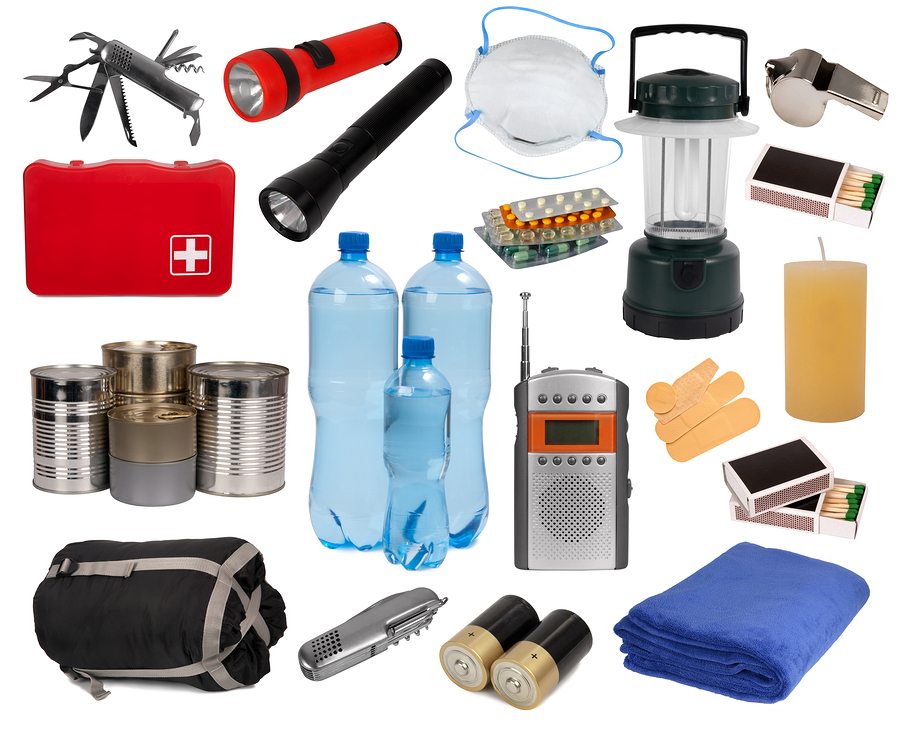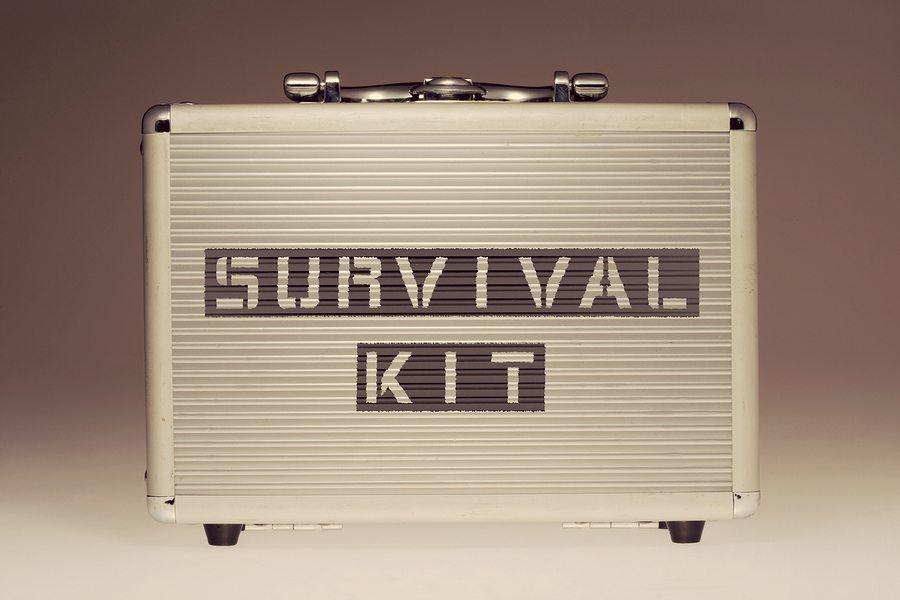What to Have in Case of Emergencies
What to Have in Case of Emergencies
Medical emergencies can happen without warning. No one truly knows when an emergency is going to happen. From getting stuck in the middle of nowhere, to auto accidents, to terrible falls, an emergency can strike anyone at any time. Because emergency situations vary greatly in type and results, it is hard to pinpoint or summarize what you should have for every conceivable emergency. However, there are some standard items you should have on hand.
Below are three we deem most important to have during emergencies.
Water
According to Live Science, you can only survive three days without water. Thus, this is the most important item to have with you in case of an emergency. A three-day supply is generally recommended. You want to have water in multiple places to have access to it at all times. Consider places you spend most of your time, such as your home, car, and workplace, and keep water around those areas. Water can also come in handy to clean out cuts and handle other tasks.
Food

This is another item that you need to not only keep your energy up, but to live. It is recommended that you keep three days’ worth of non-perishable food on hand per person. You will want to consider foods that do not need much preparation such as cereal, ready-to-eat snacks like trail mix and granola bars, or ready-to-eat canned fruits. Plus, keep special food or vitamins around for people that have special requirements such as babies or pets.
Medication
You won’t have access to an Emergency Room or Urgent Care in the case of a disaster, so you should have extra prescription and over-the-counter medication on hand for when emergencies strike. This means you should have about a week’s worth of prescribed medication that you take daily. This is essential if you rely on medications for certain medical conditions that can become life threatening or cause horrible side effects if not taken. When considering over-the-counter medication, think painkillers, antihistamines, laxatives, anti-diarrhea medication, calamine lotion, sterile eye wash, contacts if you wear them, and ointment to treat cuts. You can always buy these in pre-made emergency kits as well.
Other items to consider having during emergencies include the following:
- First aid kit
- Tools and supplies
- Important documents
- Miscellaneous items like clothing, eating utensils, and blankets
Being prepared for an emergency takes careful planning. But it is worth it if something happens and you need to survive with what you have on hand.










